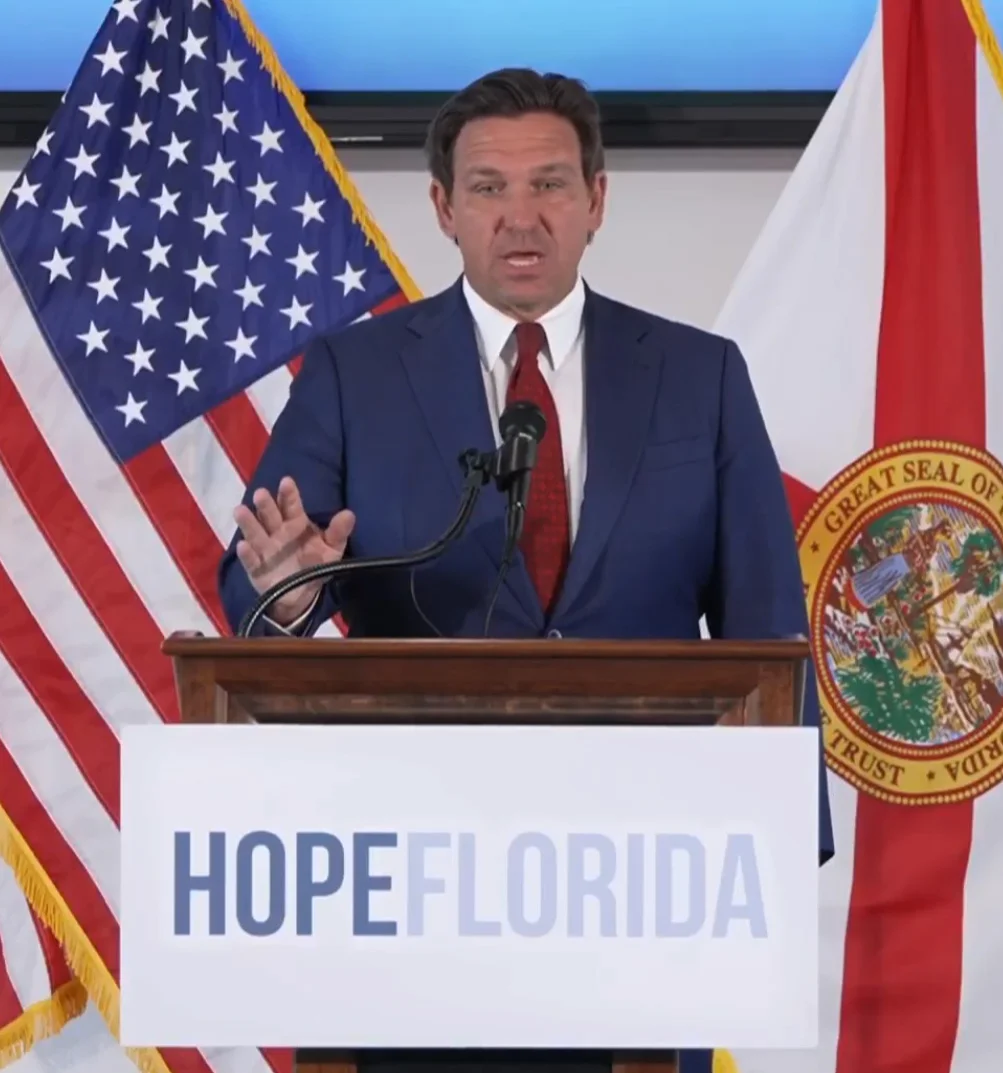
Could Florida’s Higher Education Future Be at Stake?
In a surprising turn of events, the Florida House passed a controversial bill aimed at transforming the state's higher education landscape, but not without sparking a fervent backlash from Governor Ron DeSantis. This legislative skirmish highlights unresolved tensions regarding transparency and the power dynamics in university presidential searches.
TALLAHASSEE – On Wednesday, the Florida House overwhelmingly approved a bill (HB 1321) with a remarkable 104-8 vote, which repeals a 2022 law that shielded university presidential searches from public scrutiny. This new bill, championed by Representative Michelle Salzman from Pensacola, seeks to restore transparency by placing university presidential searches back under the Florida Sunshine Law.
Salzman emphasized the importance of visibility in the higher education system, stating, "We have a fantastic education system. This is about showing the voters what we’re doing. This is about transparency in government." Her sentiments reflect growing public concern over a political landscape where former legislators have been appointed to pivotal university roles, raising questions about the integrity of these appointments.

Despite the overwhelming support, DeSantis fiercely opposed the bill, threatening a veto while alleging that such changes could undermine accountability within universities. During a press conference in Pensacola, he criticized Salzman, asserting, "She had been a very good, good ally for many years, but now she’s doing the bidding of the leadership and the staff." His comments hint at a deeper rift within the Republican Party, questioning the loyalty of members who deviate from the governor's agenda.
The proposed legislative changes would also limit the governor's influence over university appointments, proposing term limits for the Board of Governors and university boards. Additionally, it introduces a "cone of silence" bubble, preventing state officials from discussing potential presidential candidates during searches—a move Salzman believes is vital for restoring trust.
However, the governor’s office isn’t the only entity voicing concern. Some legislators like Rep. Mike Caruso argue that the balance between transparency and attracting quality candidates remains precarious. "What has changed since the 2022 law?" he questioned, underscoring the ongoing debate about how much transparency is necessary versus what might deter potential applicants.
As this legislative drama unfolds, the outcome will likely redefine the governance of higher education in Florida. With DeSantis hinting at possible veto actions and Salzman rallying around the principles of transparency, stakeholders will be keenly watching how the Senate reacts to this bill.
What does this legislative clash mean for the future of higher education in Florida? As the battle intensifies, one thing is clear: the intersection of politics and education remains a volatile and engaging arena for the state’s lawmakers. Readers are encouraged to share their thoughts in the comments below—should transparency triumph over executive influence, or does the latter serve an essential purpose in university governance?